Romanian President Klaus Iohannis concluded his visit to the US.
Iohannis spoke at the UN General Assembly, stating that the UN should be less tolerant of protracted conflicts, using as an example the separatist region of Transdnestr, in the Republic of Moldova.

România Internațional, 30.09.2015, 13:58
Romanian President Klaus Iohannis concluded his official visit to the US, where he spoke to Vice-President Joe Biden about the strategic partnership between the two countries. The head of state attended alongside world leaders the anniversary summit at the UN.
Invited to also attend an energy security conference for states in the Adriatic, Baltic and Black Sea areas, the head of state reiterated the role that Romania plays to the benefit of its allies and in defense of democratic values and common national goals. In his last speech in New York, Iohannis said that the UN should be less tolerant of frozen conflicts, including the one in Transdnestr, in the Republic of Moldova, and the ongoing one in Ukraine.
Klaus Iohannis: “Lack of action in such situations gives the erroneous impression that illegally obtaining territory to the detriment of sovereign and independent states is possible and tolerated. This is Ukraine’s case, with regards to which the United Nations and the Security Council in particular have not taken the measures provided for in the UN Charter.”
Klaus Iohannis also addressed the issue of terrorism. In his opinion, the international community has to do more to fight terrorism with judicial instruments, including international law. In this context, Romania joined Spain in calling for a future international terrorism tribunal. The Romanian Foreign Minister, Bogdan Aurescu, also present in New York, hosted alongside his Spanish counterpart, Jose Manuel Garcia-Margallo, an event to this end. He called on participating countries to join the debate on this issue, brought up by their two countries.
Minister Garcia-Margallo thanked the Romanian minister for the initiative of creating the court, which his country joined, and underlined the need of political will in the international community to fight terrorism by judicial means. The initiative for creating the court was launched by Minister Aurescu on February 9, 2015, at the meeting of the EU Council for Foreign Affairs.






























